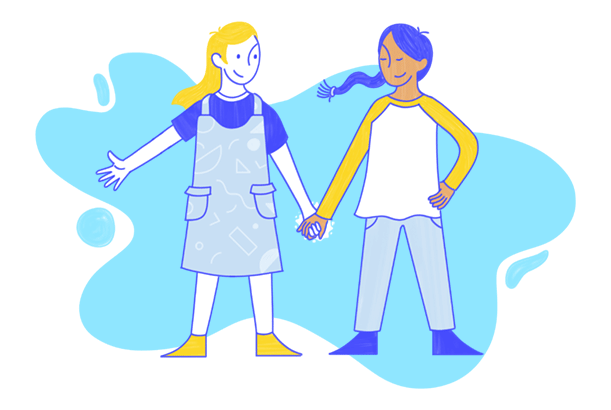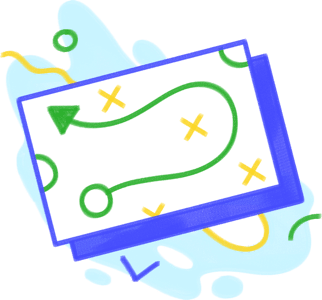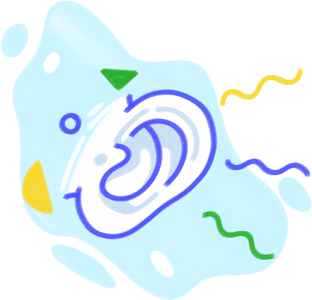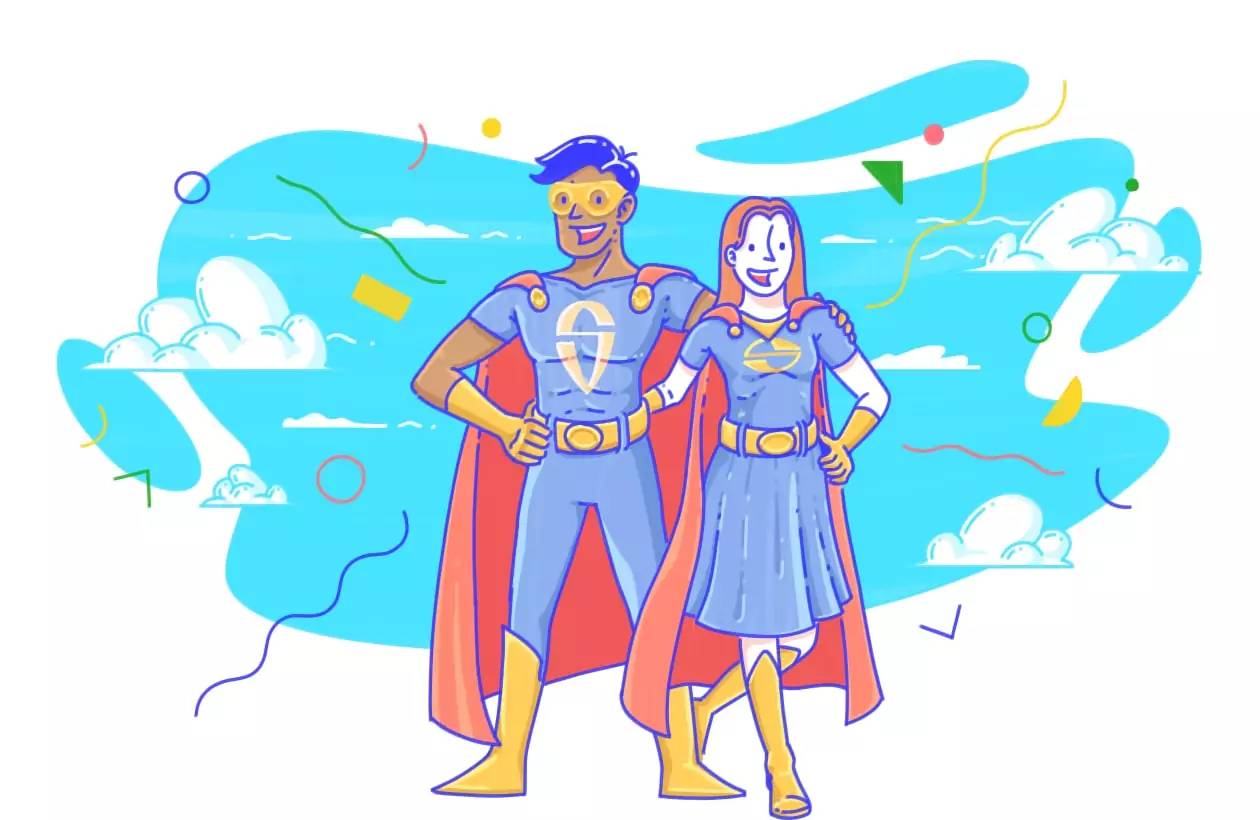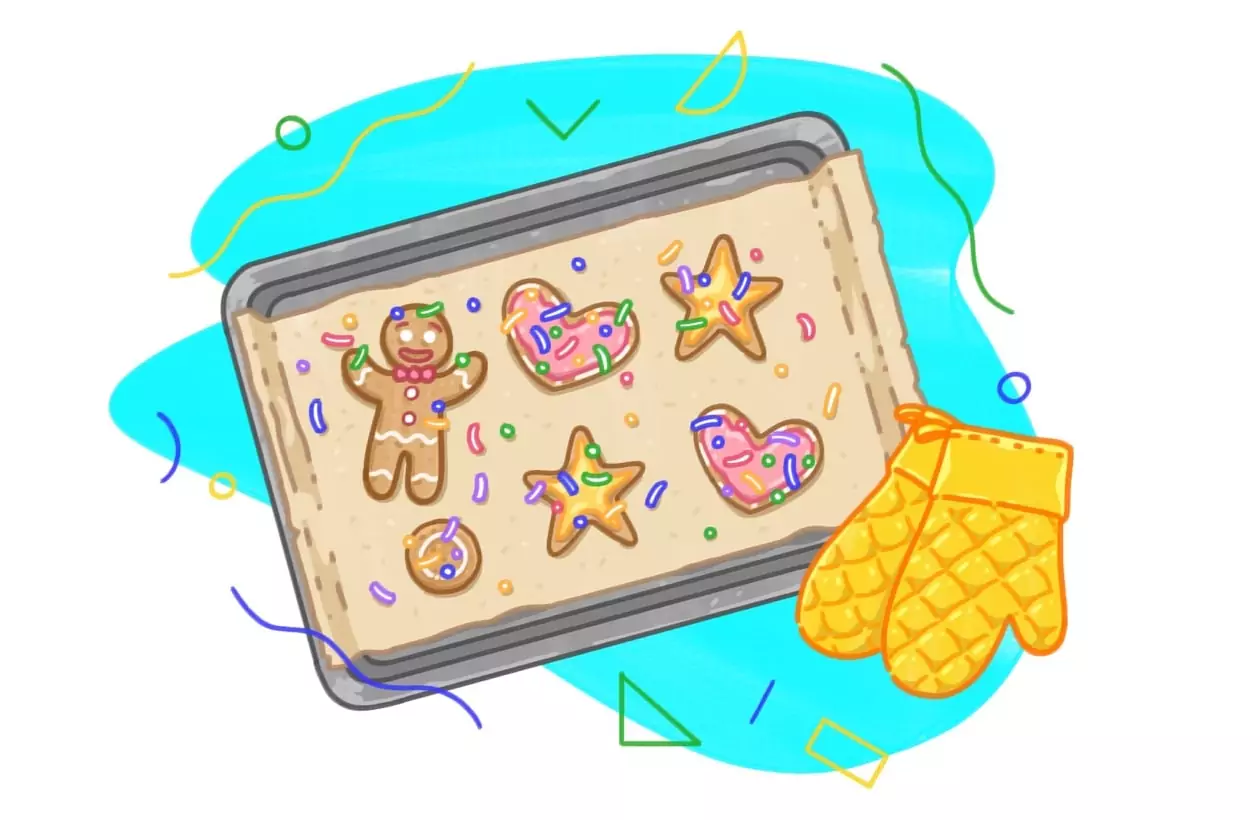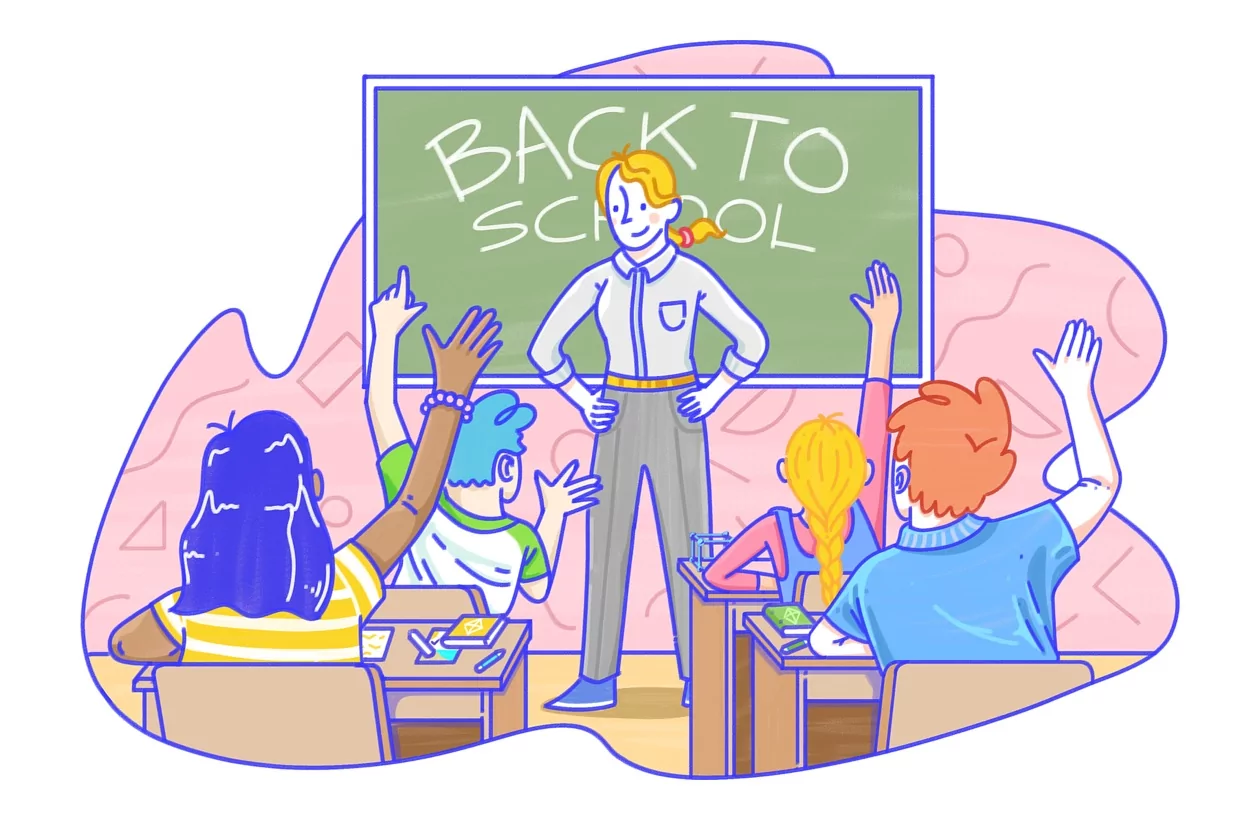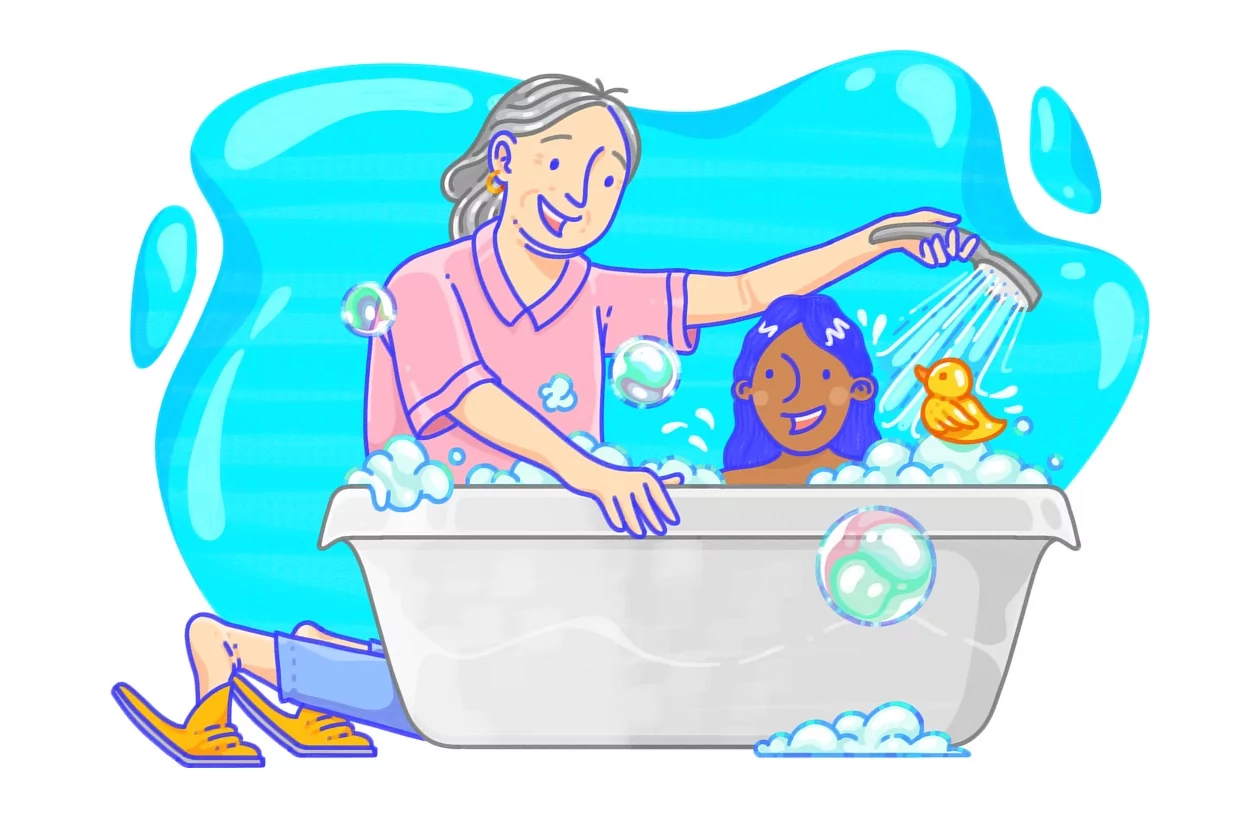See also: Preparing Your Child for Early Puberty Series #1: Psychosocial Changes
Childhood friendships are some of our greatest teachers. Relationships can be fickle – best friends don’t necessarily remain close from year to year – and this can be especially hard to watch as a parent of a kid with CPP. Growing up with CPP may come with unique interpersonal challenges, but with you as a guide, your child can learn conflict resolution, communication, and coping skills that will serve them for life.

Practice emotional regulation
If your child’s mood swings are causing them to be more emotionally reactive than before, try practicing emotional regulation as a family. After an outburst, invite your child to practice naming their emotion (e.g., angry, sad). Assure them that the emotion will pass, and let them know it’s okay to feel these emotions as they come up. What’s not okay is hurting others’ feelings just because we’re hurting — if we do that, we need to apologize to our friends. Consider using these steps yourself to set a precedent at home. With practice, your child will be better able to navigate their emotions without you.

Come up with a sharing plan
It’s difficult to accept, but if your child’s CPP presents physically or they’ve already reached puberty milestones before their peers, other kids may feel uncomfortable or intimidated and start to distance themselves or even tease your child. Have a conversation with your little one about which information to share with friends. If you and your child feel comfortable expressing their CPP diagnosis, it could be helpful for them to have a stock response ready when they need it, something like: “I’m so much taller than you because I have CPP, which means I started growing up before you did. I’m still the same person inside and my feelings were hurt when you told me we weren’t friends anymore.”

Explore boundaries
Of course, this kind of vulnerability won’t save every friendship, so talk to your kid about boundaries. Some behavior from friends is simply unacceptable, so if your child has already tried to heal a relationship with sharing but continues to be met with disrespect or even bullying, let them know that it’s okay to end a friendship. We get to choose our friends, and we should choose people who make us feel good about ourselves!

Impart communication wisdom
As we grow up, we learn how to approach conflict in a mutually respectful way. If your kid can learn that early on, their future relationships will greatly benefit! Teach them the following communication truths:
- Take time to cool off: If you’re feeling worked up, take a break to let your emotions pass.
- Use ‘I’ language: Rather than name call or accuse your friends, speak in the first person. For instance, “I felt left out when you didn’t invite me to your party” vs. “You’re mean for not inviting me to your party.”
- Listen and learn: No one likes to be ignored. Take the time to really listen to your friends. When people are truly heard, compromise usually follows.

Listen and empathize
This one is for you. As a parent, listening is easier said than done! If your child is experiencing social hardship, you may want to step in and fix it. But if you allow your child to fully express their experience before coming up with an action plan together, you can help strengthen their interpersonal skills. Empathizing, meanwhile, will strengthen your relationship with your child. By feeling with them, they can move out of their emotions and into problem-solving mode. And with all these foundational skills, they can build meaningful friendships for years to come.
See also: Preparing Your Child for Early Puberty Series #3: Family Relationships
TPI.2021.2652.v1 (v1.0)
